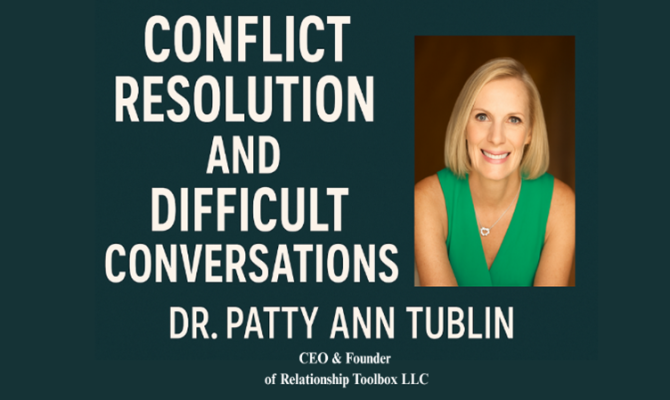
No leader enjoys conflict. Yet avoiding it is often worse than the conflict itself. Unresolved tension festers, trust erodes, and productivity suffers. The best leaders don’t shy away from difficult conversations — they lean in, not to win an argument, but to strengthen relationships and move the business forward.
Conflict isn’t a sign that something is broken. It’s a sign that people care, that ideas differ, and that there’s potential for growth.
Why Conflict Resolution Matters in Leadership
Left unaddressed, conflict can:
- Create toxic work environments
- Fuel resentment and disengagement
- Undermine collaboration and results
Handled well, conflict can:
- Build deeper trust
- Surface new ideas
- Strengthen team culture
- Improve decision-making
Great leaders understand that conflict resolution isn’t about avoiding tension but transforming it into progress.
The Challenge of Difficult Conversations
Difficult conversations test emotional intelligence. They trigger discomfort, defensiveness, or fear of damaging relationships. But silence comes with a cost. When leaders avoid hard conversations, they miss the chance to address real issues and set clear expectations.
The goal isn’t to make these conversations easy — it’s to make them productive.
Principles for Effective Conflict Resolution
- Listen Before You Speak
People want to feel heard before they’re willing to hear you. Listening deeply lowers defensiveness. - Separate People from the Problem
Focus on the issue, not the individual. Critique behaviors or processes, not character. - Seek Common Ground
Even in disagreement, identify shared goals or values. This creates a foundation to move forward. - Be Direct, Not Harsh
Clear, respectful language beats sugarcoating or aggression. Clarity with empathy is the sweet spot. - End with Action
A difficult conversation without clear next steps is unfinished. Define what happens going forward.
Building Skill Before the Heat of the Moment
Leaders who excel at conflict resolution don’t improvise every time. They practice. They reflect on past conversations, learn from mentors, and prepare frameworks to guide them when tensions rise.
The more you normalize open, honest dialogue, the less intimidating conflict becomes.
Final Thoughts
Conflict is not the enemy of leadership. Avoidance is. The best leaders transform conflict into clarity, trust, and stronger relationships.
When you step into difficult conversations with empathy, courage, and respect, you don’t just solve problems — you build a culture where people feel safe to speak up and grow.
